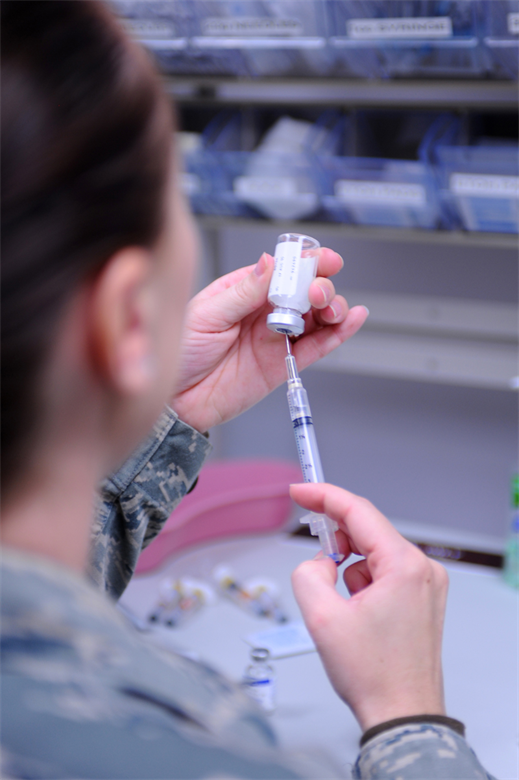
Infectious disease physicians can cut death rates by 20% in hospital acquired fungal infections, finds a study
Bloodstream infections caused by the fungus Candida are among the most common and deadly infections in hospitals, mostly in people originally hospitalized for other reasons. About 40% to 45% of people with Candida in their blood die of the infection.
New research from Washington University School of Medicine shows that the death rate can be reduced by 20% if infectious disease specialists oversee care of such patients. Such specialists are more likely to follow evidence-based best practices for treating infections, which is likely why their patients do better, the researchers said. The findings were published in the Lancet Infectious Diseases.
“Candida infections are a major problem in hospitals large and small across the country,” said senior author Andrej Spec, MD, an assistant professor of medicine and associate director of the university’s Infectious Diseases Clinical Research Unit and director of the university’s Invasive Fungal Infections Clinic. “Even uncomplicated versions of these infections are actually quite dangerous and require a detailed and well-thought out approach to make sure that people do well. Infectious disease doctors are the ones who have the expertise to best treat these infections.”
Of the patients who were evaluated (45%) by an infectious disease expert, 28.6% died within 90 days. But of those whose doctors did not call the specialists, 50.5% died
“Washington University provides a physicians’ access line, where any community physician who has any concerns about a patient can call an infectious disease doctor 24 hours a day, 365 days a year, and ask questions,” Spec said. “This is a service that we provide for free to the community.”
To find out whether infectious disease specialists improve outcomes, researchers analyzed data from 1,691 patients with Candida bloodstream infections treated at Barnes-Jewish Hospital in St. Louis from 2002 to 2015. The team looked at what steps the Washington University doctors took to treat each infection, including whether they consulted with infectious disease specialists, and how many patients were still living 90 days after diagnosis.
Of the patients who were evaluated (45%) by an infectious disease expert, 28.6% died within 90 days. But of those whose doctors did not call the specialists, 50.5% died. Even after correcting for risk factors such as age and underlying disease, the benefit of a specialist consultation translated into a 20% lower risk of death.
When infectious disease experts were involved, more patients were prescribed antifungal medications, and they stayed on the drugs longer. Infections of the heart were also looked for more frequently. Perhaps most importantly, infectious disease physicians were more likely to remove central line catheters, which are used to administer IV medications.
This study provides further evidence that infectious disease physicians play a critical role in managing the care of hospitalized patients.







